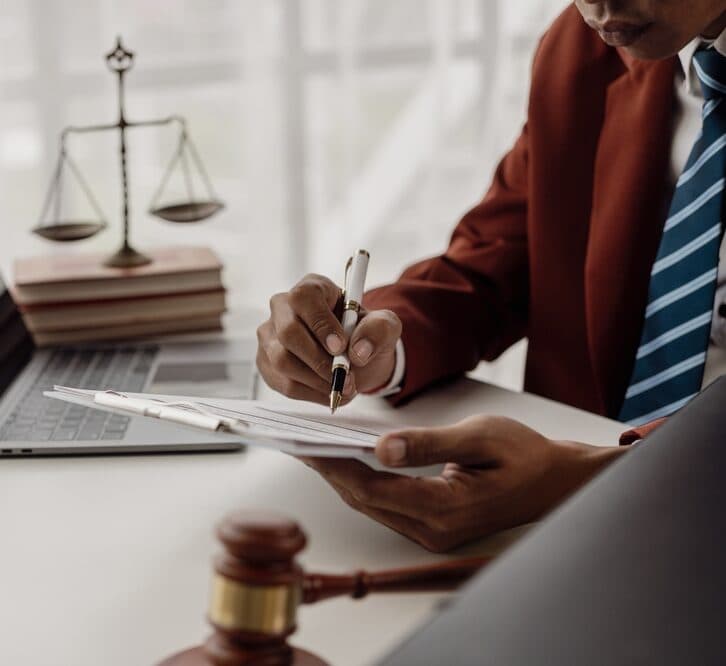

On the basis that you are in a position to proceed (i.e. either having no property to sell or having already found a buyer for your own home) then you will be able to reach agreement (subject to contract and survey) on the purchase of the home you have found.

If you have not arranged a mortgage already we are able to recommend a Financial Adviser who can give guidance as to the range of lenders and varying rates that are available. They will arrange a valuation of the property and take certain references with regard to yourself which if all received satisfactorily will result in them issuing a “Mortgage Offer” to you with a copy to your solicitor.

When a sale is agreed you will need to appoint a conveyancer to handle the legal side of the property purchase. If you do not have a solicitor already we can provide you with details of some local companies.
The conveyancer should be appointed at the outset of the transaction.

If you are obtaining a mortgage your lender will usually arrange for a surveyor to carry out a valuation of the property. Most lenders will, for an additional fee, arrange for the same surveyor to carry out a more detailed inspection.
Should you wish to have an independent full structural survey we are able to recommend companies who provide this service.


Once your solicitor has completed the necessary legal works and is in possession of your mortgage offer and local council search, then they will contact you with a view to “reporting” on all the aspects they have covered. On the basis that everything is satisfactory they will arrange for you to sign the contract and pay the required deposit in anticipation of exchange.
It should be noted that the act of signing the contract does not commit either you or the owner legally until such time as the contracts are “exchanged”. It should also be noted that your solicitor will need the deposit to be in “cleared funds” before they exchange, in other words a building society cheque or bankers draft is immediately acceptable whilst a personal cheque would have to await bank clearance.

As previously stated, until this takes place neither party is committed to the other legally. Contracts should not normally be exchanged until all of the previous stages have been satisfactorily covered. In the event that your property transaction is part of “a chain” then exchange can only take place as quickly as the last link is ready.
Prior to exchanging contracts each of the solicitors will have liaised with their clients to find a mutually agreeable completion date which is then inserted into the contract to become a legally binding date for the final move.
Contracts are then formally exchanged between solicitors committing both parties to complete on the date set. The deposit is retained by the owner should the buyer fail to complete. (In other words not pay the balance of the purchase price at completion).

During the interval between exchange of contracts and completion the solicitors are involved in a number of legal works. These include arranging for the necessary deeds to be signed, preparing the final conveyance/transfer, liaising with the bank/building society and obtaining the balance of monies required to complete from the purchaser.
When completion takes place the purchaser solicitor hands the balance of the purchase price to the vendors solicitor in return for the title deeds and keys.
Often keys are left with the selling agents to pass over on completion. This should be confirmed by the buyer prior to completion. It should also be noted that in this event keys cannot be released until the selling agent has received instructions from the owners solicitors. The selling agent also has no legal obligation to deal with the handing over of keys and can thus only do so once the above permission has been given and naturally when they are supplied to them by the previous owner.


Click the button below to use one of our valuation services such as our quick online valuation service or an in-person appointment and we will arrange an accurate market appraisal of your property at a time convenient for you.
Agents Note
Unfortunately we cannot control the events of the transaction and can thus only report on the progress of which we are advised. Neither solicitor is under an obligation to liaise with the selling agent and the mortgage company will generally only discuss details with their client by virtue of the Data Protection Act.
We hope your move goes well